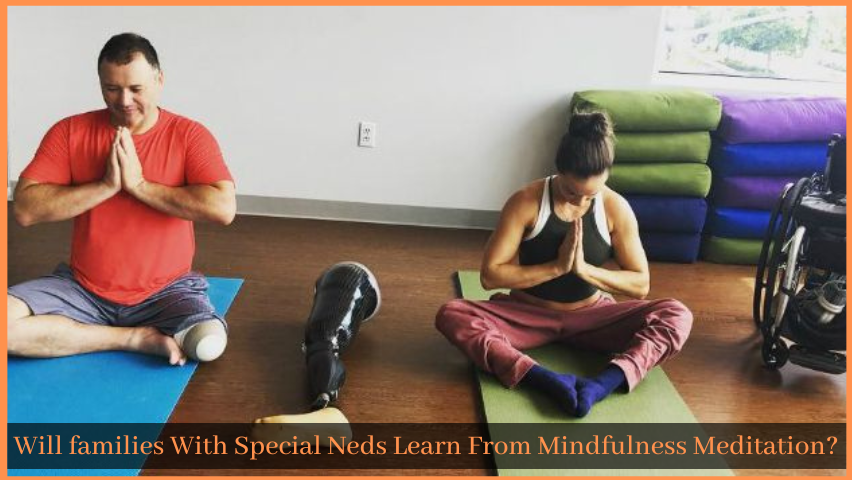Recently, mindfulness has seen a lot of coverage as a means to promote better satisfaction and health, but what exactly is mindfulness and how does it support special needs families?
What is mindfulness, exactly?
Putting the buzz aside, mindfulness refers to paying attention to the current moment without passing judgement, which can be achieved by meditation by actually focusing on breathing.
Mindfulness can help you cope with day-to-day life and difficult situations. It may also aid concentration, healing, and efficiency.
There are sceptics, but the evidence is starting to show that mindfulness may provide tremendous benefits to both physical and mental health and welfare, which is especially important for people with intellectual disabilities (ID) or Autism Spectrum Disorder (ASD) (ASD).
Children with developmental disabilities can benefit from mindfulness.
Mindfulness meditation exercise has been found in recent research to be helpful to families dealing with ASD or an ID.
According to research, it has been shown to be an important way to deal with anxiety and alleviate common behavioural, social, and physical issues associated with ASD and ID, according to research.
The below are some of the benefits of mindfulness:
- Giving children a greater sense of what is going on inside of them, both mentally and physically, as well as what is going on around them.
- Rather than being told to ‘calm down,’ empower children to recognise and regulate their feelings.
- Teaching children how to cope with fear as it happens, such as how to stop, relax, and anchor themselves to calm their minds and bodies.
- Assists students in enhancing their ability to pay attention while studying.
- Encourage kids to be kind to themselves and others by encouraging them to be nonjudgmental.
- A safe way to suppress cortisol levels, the stress hormone.
- There are no reported negative consequences.
Parental mindfulness
It was also discovered to be a valuable method for parents of special needs infants.
Parents with children with neurodevelopmental conditions have been shown to have elevated levels of tension, depression, and anxiety, which may impair their self-care, fitness, and well-being, as well as their parenting. After all, you can’t pour from an empty cup.
Mindfulness and conscientious parenting have been shown to help parents alleviate psychological distress and have demonstrated positive results for parents suffering from depression, anxiety, and stress by helping parents take time for themselves and embrace their condition, their child, and their feelings in a non-judgmental manner.
Although more research is required, mindfulness and acceptance can be essential therapeutic mechanisms for parents, with far-reaching consequences for how health providers and intervention programmes serve them.
How to Practice Mindfulness
So, reading about the advantages has piqued your curiosity in trying mindfulness with your family?
Here are a few basic exercises to help you integrate mindfulness into your everyday routine:
- Switching up storytime to incorporate an app-guided meditation a couple of days a week will help you create more mindful bedtimes.
- Walking mindfully is a wonderful way to get some exercise and relax. Take a stroll, add a few minutes of quiet time, and see and hear something you haven’t seen before.
- Make a breathing game for your breathing partner. Ask your child to place their favourite soft toy on their tummy to see if they can move it up and down gently with their breath. An expandable ball is another fantastic toy.













